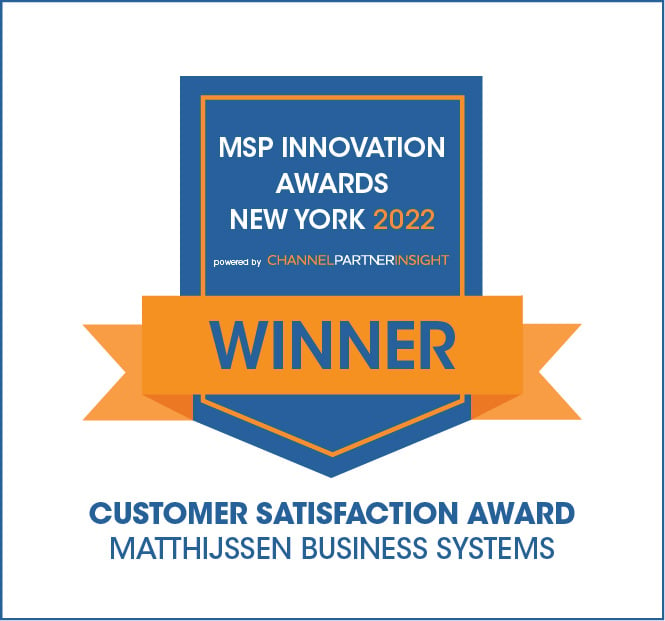In the modern healthcare world, technology is playing an increasing role in record keeping. Whether your practice is small or large, stable or growing, a cloud-based electronic records system is something you should consider. There are many benefits to moving away from the traditional client-server system, as well as things to consider before you make the change.
Benefits to Cloud-Based Medical Computing
Using the cloud for your practice’s records, both clinical and administrative, is akin to renting a house: you pay for the benefits of living in it, but the maintenance issues are someone else’s problem. Once implementation is completed, you will receive full tech support including troubleshooting and the updating of software and security measures. This reduces the cost of IT staffers, as well as the headache of dealing with software issues that may be outside your area of interest. You will be using the same software to which you are accustomed, but the software itself, along with the data, will exist outside the walls of your practice.
Since the cloud stores data in external servers that you access over the Internet, your records are available to you anytime you have an Internet connection. This allows for the same access to pertinent information whether you’re in the office, on hospital rounds, or at home. Collaboration among colleagues is also much easier since everyone can access the same information simultaneously. And cloud information storage allows access from all sorts of devices, including tablets and smartphones.
Now that cloud service providers are also liable under HIPAA (Health Insurance Portability and Accountability Act), security of data is excellent. Data is stored in multiple places by the provider, backed up regularly and encrypted, ensuring that it can be recovered with ease if needed and that only those who should have access can get to the information. With billing information and medical history all in one place, security is more important than ever.
Considering the legal requirement to keep patient data on-hand for years, an on-site storage facility or IT infrastructure can fill up very quickly. Cloud-based storage is virtually limitless, translating into more patients, doctors at your practice or additional locations without the increased cost of a larger facility or upgrading software to handle the load.
Things to Know Before Moving Into the Cloud
Using the cloud does not involve hardware or software costs, so it is less costly overall than maintaining an in-house IT staff and servers. Your practice will pay a monthly fee to the cloud provider, for the “software as a service” arrangement.
While many cloud providers have started to ensure HIPAA compliance, not all are fully compliant. Before deciding on a provider, make sure to ask about compliance. Matthijssen works with lawyers and has extensive experience ensuring medical practices become and maintain HIPAA-compliant.












